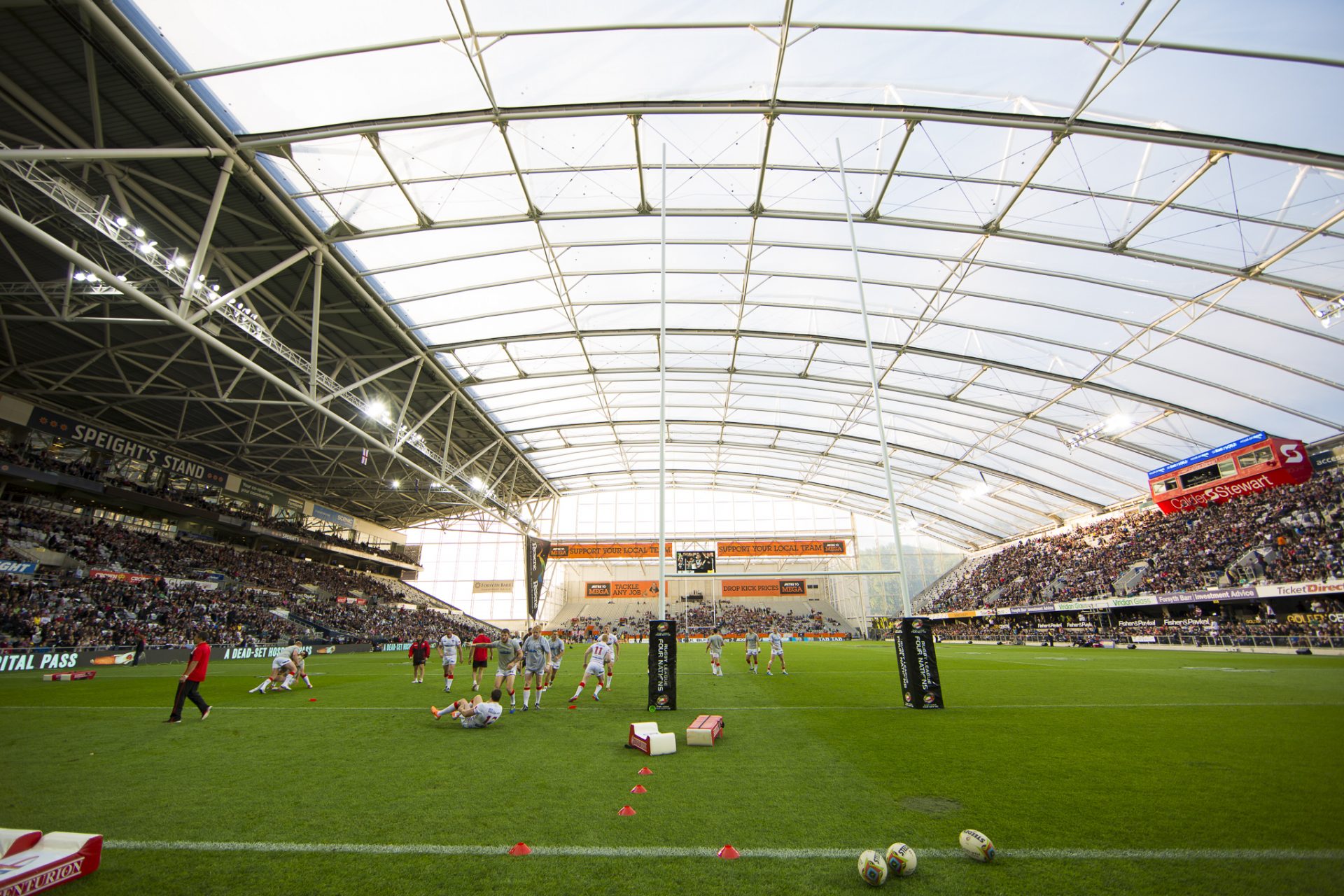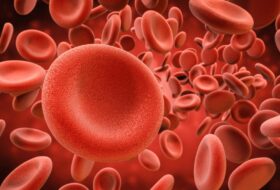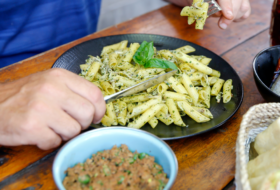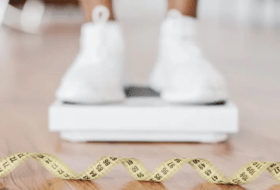Did you know that game-day nutrition starts well before kick off? What a rugby player eats in the days leading up to a game can have a huge impact on performance. The key to nailing your game day nutrition is being well planned and practiced. We are going to help you with just that.
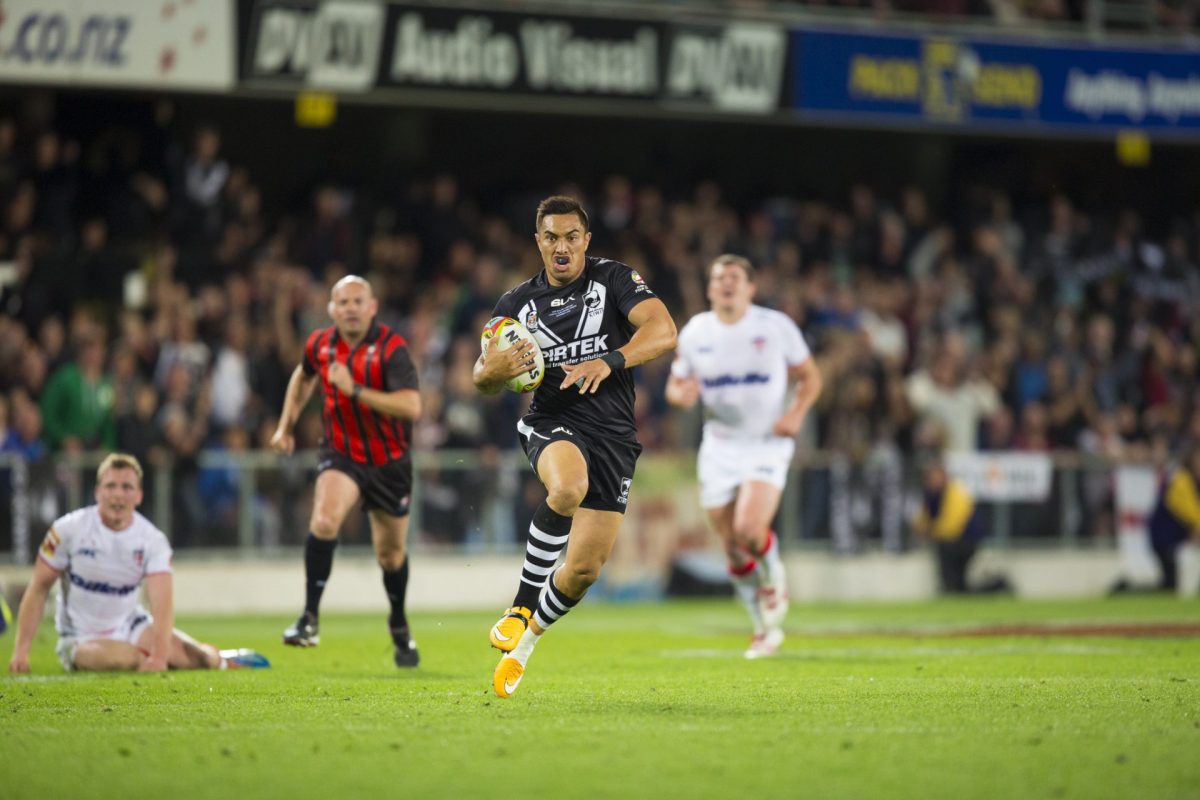
When it comes to rugby the team at Fuel My Potential are well versed. Our sports dietitians have worked extensively in the sport. We have helped fuel hundreds of players from age group or academy level through to Super Rugby and beyond. We are going to take you though our game-day nutrition timeline. This is a tool that can be used by every rugby player whether you are playing for your school, club, province or country.
The Day Before (Day -3 to -1)
Leading up to a game the main nutrition goal is to “fill up the fuel tank”. This means eating plenty of carbohydrate-rich foods to top up your muscle glycogen stores. This should be done gradually over the 2-3 days before a game and can be achieved by eating regular carbohydrate-rich meals and snacks. Choose mostly nutritious sources of carbohydrate. Such as starchy vegetables (potato, sweet potato, corn, parsnip, yams etc), oats and other wholegrains, fruit, legumes and dairy.
Players that suffer from gut upset in a game or that struggle with poor appetite may benefit from choosing more easily digestible carbohydrates the day before and on game day. Such options include white rice, pasta and bread, low-fibre fruit (banana, watermelon and canned fruit) and no-pulp fruit juices.
Maintaining hydration is another key nutrition goal. Going into a game dehydrated can have a significant impact on performance. Make sure you drink plenty of fluid, mostly water, in the days before. Also keep an eye on the colour of your pee. It is a great indication of your hydration status. Aim for a pale yellow or lemon juice colour.
The lead up to a game is also not the time to try anything new. Play it safe and stick to familiar foods that you have tried before a game previously and know are well tolerated. You wouldn’t run on the field without breaking in a new pair of boots so let’s pay our game-day nutrition the same respect.
On The Day (Day 0)
Before kick off
You have done most of the work already. Now it is just time to top up the fuel tank. Kick off time will dictate your pre-game nutrition schedule. Your pre-match meal should be 3-4 hours before kick off and a smaller snack 1-2 hours before.
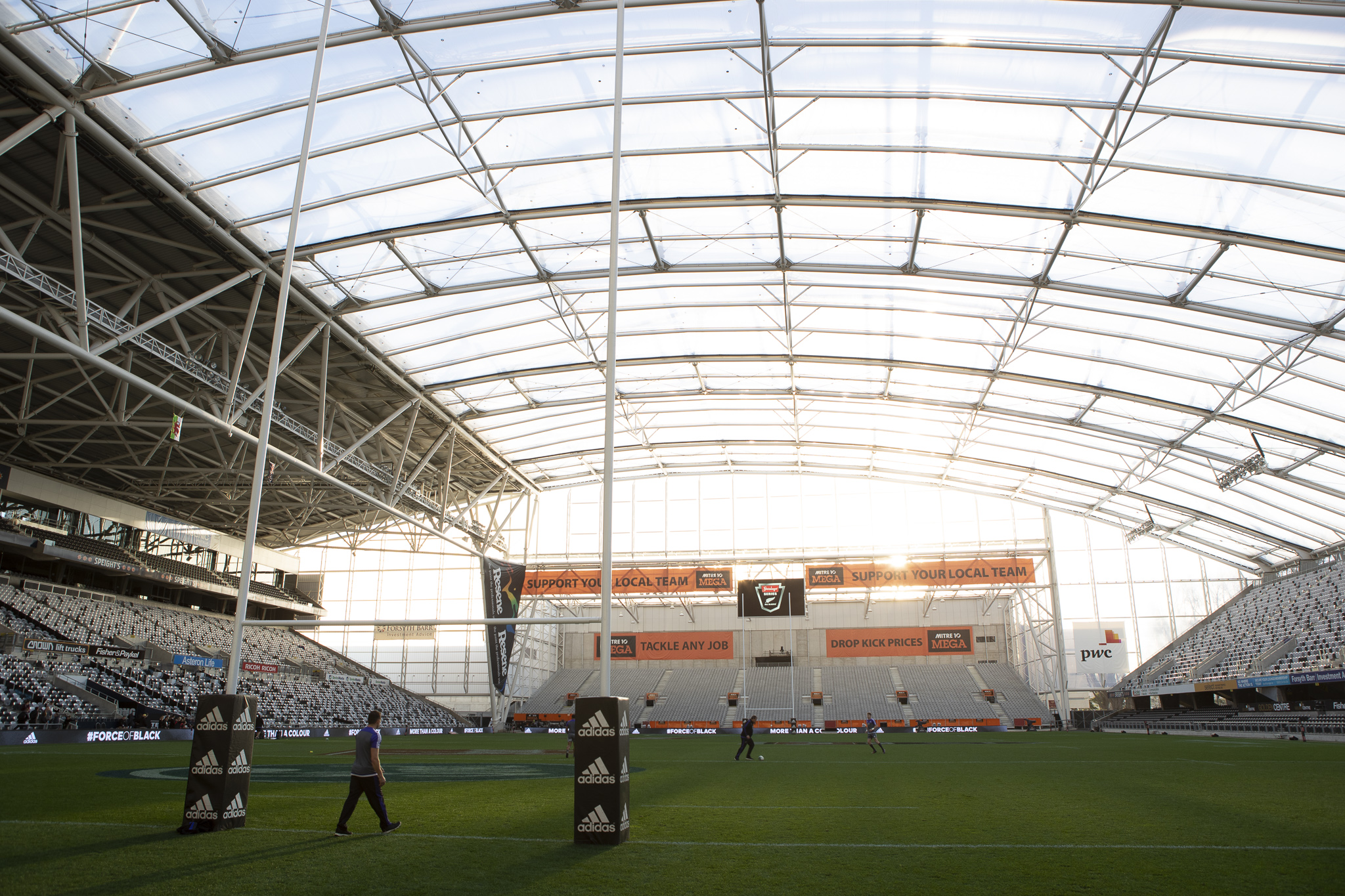
Choose something light, but sustaining for your pre-match meal. It is important to keep the fat content low as it slows down digestion. We do not want anything delaying the delivery of carbohydrate to your muscles. Nor do we want that meal still sitting in our gut when we run onto the field. Include approximately 500 mL (16 oz) of fluid with this meal to keep on top of your hydration as well.
Some Favourite Pre-Match Meals
- Porridge or oatmeal with low fat milk and fruit
- Poached eggs with baked beans on toast
- Tomato based pasta dish
- Teriyaki chicken stir-fry
- Fruit smoothie (for the low appetite players out there)
The top-up snack should also be high in carbohydrate, but low in everything else (protein, fat and fibre) to ensure it is easily digested.
Top-Up Snack Ideas
- Cereal bar with some fruit
- Jam or honey sandwich
- Liquid meal drink
Over the 2 hours before kick off keep the fluids up. Aim to drink at least 500 mL (16 oz) more with this meal.
During the game
During a game players can often forget about nutrition. However, even with a full tank of fuel it would be hard to sustain 80 minutes of high-intensity rugby without a top up. Therefore a light carbohydrate snack at half time is recommend. Some good options are a banana, cereal bar, a carbohydrate gel or 500 mL (16 oz) sports drink.
During a game we also lose fluid via sweat and opportunities to drink are limited. To prevent dehydration it is important to make the most of stoppages in play and at half time to get fluids on board.
For younger athletes with shorter games, sipping on water during stoppages in play and at half time should suffice.
Suffer from cramp?
Here are some strategies to help reduce the risk of cramping:
- Train to the same intensity you play. Training and conditioning reduces the risk of cramp.
- Fuel adequately. Well-fueled muscles take longer to fatigue. Muscle fatigue increases the risk of cramp.
- Keep well hydrated. Although dehydration alone does not cause cramp it can also contribute to early muscle fatigue.
After The Game
Rugby can be very demanding on the body. After a game fuel stores are depleted, muscles damaged and you are likely suffering from some level of dehydration. Nutrition plays an important role in helping you recover.
As soon as you come off the field, whether it be the end of the game or to the bench, start getting the fluids onboard. Even when you stop sweating after exercise your body keeps losing fluid so keep on top of your hydration for the rest of the day and into the evening. Aim to restore that pale yellow urine colour as soon as possible.
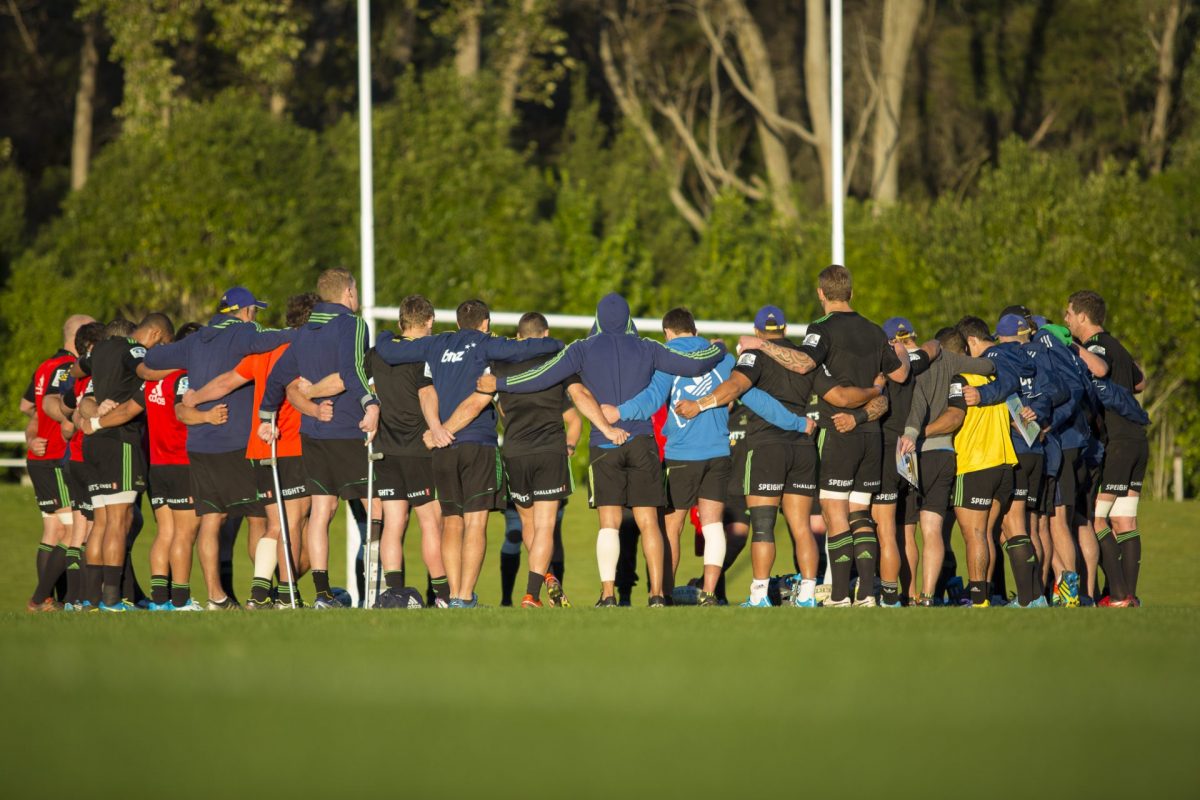
Within 30-45 minutes you want to be having a recovery snack. This should be carbohydrate rich (1-1.2g per kg of bodyweight so for a 70kg player that is approximately 70-80g) to refuel your muscles. We also want this snack to be high in protein (around 20-40g depending on your size) to support muscle repair. Some players really struggle with appetite after a hard game. This is where a liquid option (fruit smoothie, flavoured milk or liquid breakfast drink) is a good idea. If your team doesn’t put recovery snacks on post game then make sure you pack your own in your kit bag.
Great Recovery Snack Options
- Fruit smoothie
- Roast beef or egg and salad wrap (or sandwich)
- Salmon or chicken sushi
- Large tin of fish or chicken and crackers
- Flavoured milk and cereal bar
- Yoghurt and fruit & nut mix
Follow up your recovery snack with a balanced meal within 2-3 hours of the game. The focus here is still on those quality protein and carbohydrate foods for repair and refueling. As well as some healthy fats and colourful vegetables for rejuvenation. These foods are rich in anti-inflammatory and antioxidant compounds that help our bodies repair after a game. Our guys have always been keen on a nice steak with roast potatoes and salad for their post-match meal.
Post-Match Meal Ideas
- Beef and vegetable stir-fry
- Homemade burger with salad and wedges
- Roast chicken with mashed potato and vegetables
Try to avoid takeaways. Nutrition quality aside you generally do not have control over the portion size. This makes it hard to ensure you are hitting all of your recovery nutrition targets. If you need a convenient option we love the supermarket takeaway idea – a hot chicken with salad or coleslaw and grainy buns. Alternatively filled pita pockets, wraps or subs, Turkish, Japanese, or design your own smoothie and salad bars are healthier takeaway options.
Alcohol should also be avoided especially if you suffer an injury during the game. It can distract players from their recovery nutrition, it dehydrates you and impairs muscle repair. Then there is the impact on sleep. Alcohol impairs the quality of our sleep, which is not what you want after a game. Sleep is such a vital process for repair and unlike expensive supplements and other recovery gadgets it won’t cost you anything. Try to get at least 8 hours of sleep after a game.
The Day After (Day +1)
The day after a game is often the day where nutrition quality slips, but arguably it is one of the most important. The day after a game your body is still refueling and repairing so it is important we continue to support these processes with good nutrition habits. Get back in to your regular meal pattern – do not skip any meals. Also include quality protein, carbohydrates and veggies with all of your meals. And, of course, keep well hydrated.

